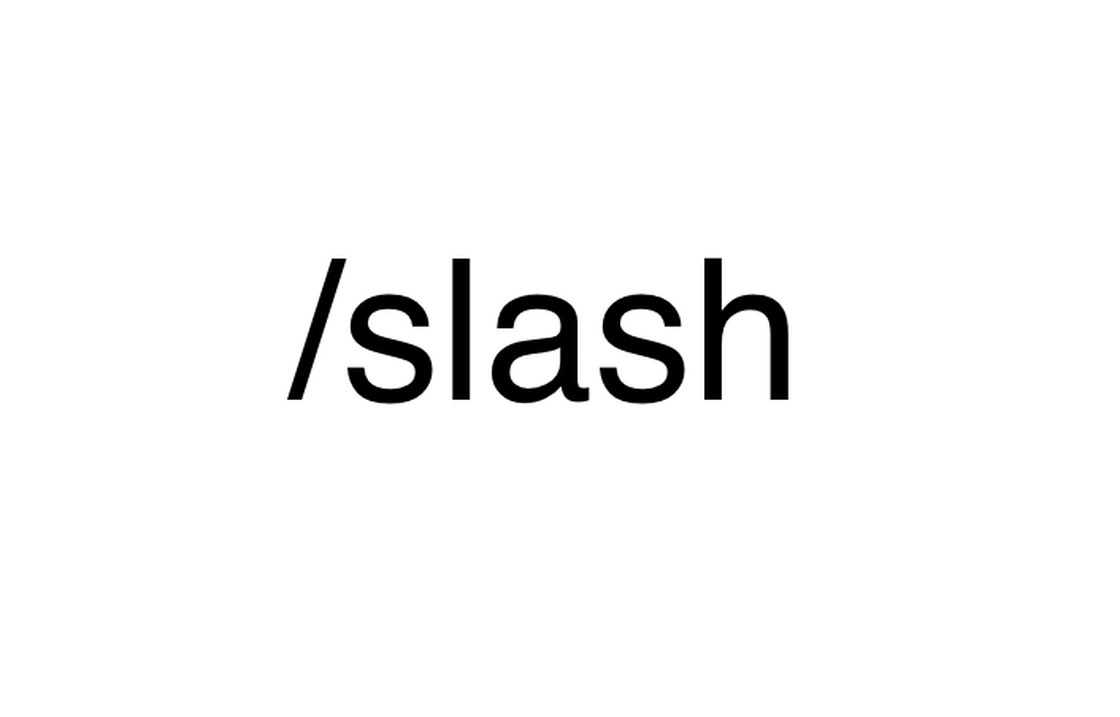I am sure at some point in their careers, all teachers have heard "Did I miss anything?" from a student who missed class. My colleague Claire shared a great poem with our department that wonderfully addresssed the question, "Did I miss anything?"
Did I Miss Anything?
Tom Wayman
Nothing. When we realized you weren’t here
we sat with our hands folded on our desks
in silence, for the full two hours
Everything. I gave an exam worth
40 percent of the grade for this term
and assigned some reading due today
on which I’m about to hand out a quiz
worth 50 percent
Nothing. None of the content of this course
has value or meaning
Take as many days off as you like:
any activities we undertake as a class
I assure you will not matter either to you or me
and are without purpose
Everything. A few minutes after we began last time
a shaft of light suddenly descended and an angel
or other heavenly being appeared
and revealed to us what each woman or man must do
to attain divine wisdom in this life and
the hereafter
This is the last time the class will meet
before we disperse to bring the good news to all people
on earth.
Nothing. When you are not present
how could something significant occur?
Everything. Contained in this classroom
is a microcosm of human experience
assembled for you to query and examine and ponder
This is not the only place such an opportunity has been
gathered
but it was one place
And you weren’t here
From Did I Miss Anything? Selected Poems 1973-1993, 1993
Harbour Publishing
Copyright 1993 Tom Wayman.
All rights reserved.
